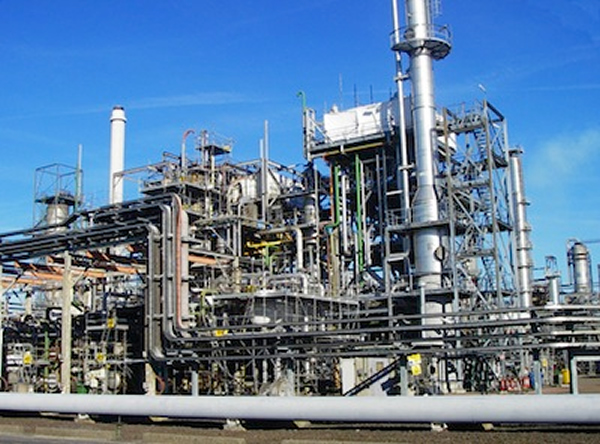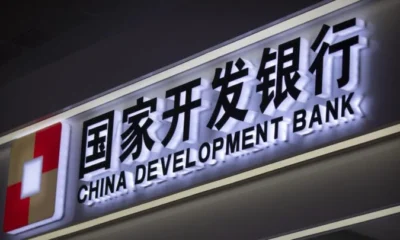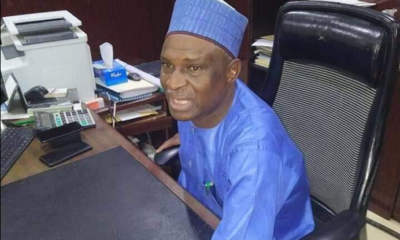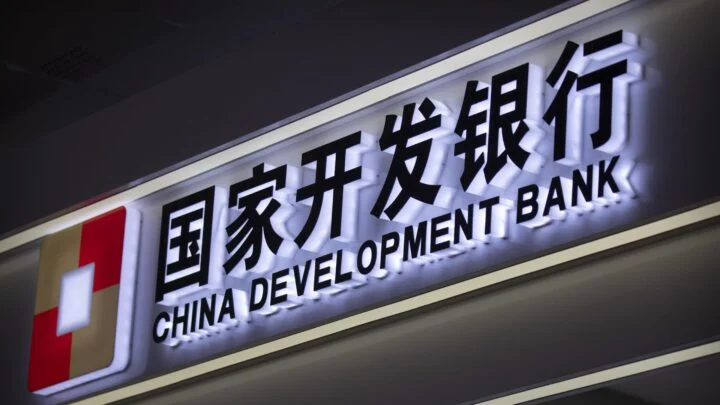The Port Harcourt Refining Company has clarified that its operations were not entirely halted but temporarily scaled down to allow for improvements at the facility.
The company made this clarification on Sunday after the Independent Petroleum Marketers Association of Nigeria (IPMAN) stated it would not purchase fuel from the Port Harcourt refinery if the Nigerian National Petroleum Company Limited (NNPCL) sold the product at an inflated price.
Oil retailers had alleged that NNPCL was selling petrol from the refinery at N1,030 per litre, about N60 higher than the price of fuel produced by the Dangote Petroleum Refinery. While NNPCL denied this claim, it did not provide the actual price of petrol produced at the recently rehabilitated Port Harcourt refinery.
During a guided tour of the refinery, led by the Managing Director, Ibrahim Onoja, the Executive Director of Operations at Nigerian Pipeline and Storage Company Limited, Moyi Maidunama, confirmed that the plant was operational.
Maidunama told journalists that there was a temporary hitch in operations, but explained that the reduction in operations was necessary to address technical issues and enhance capacity.
He said, “So, the operations were not halted. It was obviously reduced due to some improvements that we needed to make. We are managing the process with the number of trucks available today, using a few loading arms for evacuation. This should be resolved soon.”
He assured all that product distribution was ongoing, with several trucks loading refined products, and added that the process would continue uninterrupted.
The Terminal Manager, Port Harcourt Depot, Worlu Joel, confirmed that the facility had commenced the distribution of products, including Premium Motor Spirit, kerosene, and diesel.
He, however, expressed concerns over the low turnout of tanker drivers.
He said, “We have surplus products available and operational loading arms, but we’ve had to beg tanker drivers to come and evacuate products. We’ve loaded more than ten trucks already and expect to dispatch at least 15 before the day ends.”
Joel noted that the depot operates with 11 functional loading bays, but only three are currently in use due to their high efficiency. Each bay, he explained, can load three trucks in just 15 minutes.
“If you give us 100 trucks today, we can evacuate them in less than five hours,” he assured.
Highlighting the strides made at the refinery, the Managing Director, Ibrahim Onoja, said the plant had undergone extensive upgrades to improve efficiency and reliability.
“The plant is running, and we are trucking out our products. We’ve carried out a massive revamp, replacing most of the equipment, including pumps, instrumentation, and cables. What we’ve done here is a significant upgrade of the facility,” Onoja stated.
The PHRC team reiterated its commitment to maintaining consistent product distribution while ensuring that ongoing improvements enhance the refinery’s overall operations.
The Independent Petroleum Marketers Association of Nigeria said it would not buy from the Port Harcourt refinery if NNPCL sells the fuel at an expensive rate.
IPMAN said it was not expecting the Port Harcourt refinery’s petrol to be more expensive than that of the Dangote refinery or to be at par with the imported one.
The spokesperson of the association, Chinedu Ukadike, while speaking in an interview with our correspondent on Saturday, said fuel from the Port Harcourt refinery should be more affordable.
Ukadike was reacting to claims by the Petroleum Products Retail Outlet Owners Association of Nigeria that the NNPC would sell its PMS at N1,030 per litre.
He said the price was not acceptable to independent marketers so they would have to stay with another petrol source.
“If the Port Harcourt refinery’s PMs price is truly N1,030, it is unacceptable to us independent marketers. We will not buy from them. We will buy where it is cheap,” he said.
Ukadike, however, expressed hope that NNPC would review the price.
They promised to review the price. We will wait till then, but now we will buy from where it is cheaper,” he stated.
Recall that the NNPC has said it has not started selling PMS from the Port Harcourt refinery to outsiders, its products are exclusively for its retail stores at this stage.
NNPC spokesperson, Olufemi Soneye, said the price would be reviewed based on operational realities.
“Our pricing is reviewed and adjusted periodically as necessary to reflect operational realities,” he stated.
The Crude Oil Refineries Owners Association of Nigeria said the blended PMS from the refinery should be cheaper than the one produced directly.
CORAN National Publicity Secretary, Eche Idoko, said “It should be very cheap.”
Giving insights into the blending of petroleum products, Idoko explained that naphtha is a flammable liquid hydrocarbon mixture used as a feedstock for producing petrol, diesel, and other petroleum products. In contrast, Cracked C5 is used to break down heavier hydrocarbons into lighter ones.
He said the NNPC’s decision to blend naphtha with cracked C5 to produce petrol is likely aimed at increasing petrol production, improving petrol quality or reducing production costs.
“Blending naphtha with cracked C5 might be more cost-effective than using other feedstocks or production methods,” he stated.
However, he said some concerns have been raised about blending, including environmental impact due to the blending process releasing harmful emissions or pollutants.
He also added that the blended petrol might not meet international standards, potentially affecting vehicle performance, emissions, and safety.
He warned that if the naphtha as well as other feedstocks needed for the blending is imported, the exercise might not be sustainable in the long term.
“It’s essential to note that the NNPC’s decision to blend naphtha with cracked C5 is likely driven by various factors, including economic, logistical, and technical considerations,” Idoko explained.
An Energy Consultant, Henry Adigun, said the PMS from the Port Harcourt refinery should be around N860 to N870 because it was blended.
Adigun said the Port Harcourt refinery is not a blending plant, but the facility is yet to attain the level where it would produce petrol directly without any need to blend.
According to him, straight-run gasoline has higher sulphur content and it must be blended to get the required standard.
“The straight-run gasoline only means gasoline with higher sulphur content. It is not illegal to blend. They blend everywhere in the world, just ensure everything is normal,” Adigun said.
Asked if the facility is more or less a blending plant rather than a refinery, he replied in the negative.
“It is not a blending plant. It’s a refinery. A refinery can also be a blending plant,” he said.
Speaking on why the refinery could not produce standard petrol that would not require any blending component, the expert explained, “They have not got to that point. Where they are now is not the stage where they can produce petrol directly. There are different refinery stages. That is the stage they are now.
“The blended product will be (more) cheaper. It should be between N860 and N870,“ Adigun disclosed.
Credit: The Punch

 BIG STORY3 days ago
BIG STORY3 days ago
 BIG STORY3 days ago
BIG STORY3 days ago
 BIG STORY4 hours ago
BIG STORY4 hours ago
 BIG STORY3 days ago
BIG STORY3 days ago
 BIG STORY1 day ago
BIG STORY1 day ago
 BIG STORY2 days ago
BIG STORY2 days ago
 BIG STORY3 days ago
BIG STORY3 days ago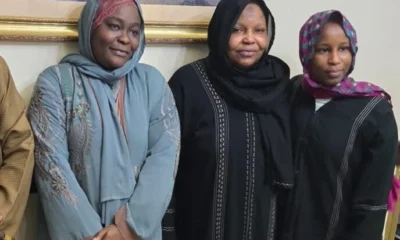
 BIG STORY3 days ago
BIG STORY3 days ago




